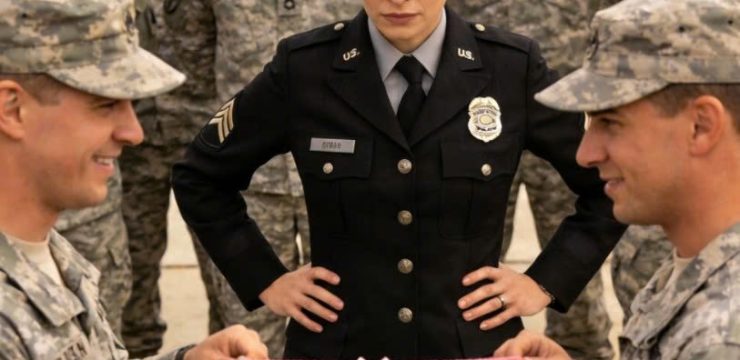When my husband and I got engaged, one of the things we agreed on was that he would stop sending money to his mother. It wasn’t an easy conversation, but he understood the need to set boundaries, and he followed through—until last Tuesday, when she called him asking for $15,000. He said no. Something about that phone call unsettled me.

Allan looked tense, pale even, holding the phone against his chest when I walked in. He didn’t raise his voice, but I could feel the strain as if he were fighting with someone he desperately didn’t want to hurt. He told me she said it was a “tax issue,” but wouldn’t elaborate. I couldn’t ignore the uneasiness, so I called my father-in-law, Ted, and gently asked if everything was okay financially. Ted, a calm and grounded former firefighter, sounded genuinely puzzled. He had no idea about any financial issues. That’s when the truth began to surface. My mother-in-law had been secretly asking for money for years—without telling Ted or anyone else in the family. Suddenly, things that hadn’t made sense started clicking into place: the new phone she got after claiming hers was stolen, the luxury purse she said was a gift from a church friend, the recurring “emergencies” she always mentioned casually. When I told Ted about the $15,000 request, he was silent for a long time before saying he’d call me back.
He didn’t that day, but the next morning, while Allan and I were eating breakfast, Ted called him. The conversation was short, and when Allan hung up, he quietly said, “He’s leaving her.” I was stunned. Allan explained everything—his mother hadn’t just lied to him, but to everyone. She’d borrowed money from cousins, aunts, even neighbors, always offering different reasons. She had even pawned her wedding ring and claimed she was mugged. But the real shock? She had a hidden online gambling addiction. It was hard to believe this was the same woman who scrutinized how much we spent on our wedding cake or insisted we return a perfectly good toaster. Her frugal front had been a disguise.
Ted had spent that morning combing through their joint accounts and uncovered multiple wire transfers to an offshore gambling site in the Caribbean. The amounts were small at first—$300 here, $500 there—but they totaled over $42,000 in just over a year. I didn’t know whether to be angry or heartbroken. Allan looked crushed. “Why didn’t she tell us?” he asked, more to himself than to me. But the deeper question was how long had she been hiding it, and how many people had she pulled into her spiral? Turns out, several relatives had given her money—$4,000 from a cousin, $2,000 from an aunt, $600 from a neighbor. She even claimed she needed money for a church fundraiser.
Ted confronted her that night. When he called me afterward, he said she didn’t deny it. She just cried and said she was ashamed and thought she could win the money back before anyone noticed. But that wasn’t even the worst part—she had taken out a second mortgage on their house and forged Ted’s signature. That house wasn’t just property—it was the foundation of our family, paid off through years of sacrifice, filled with holiday memories and backyard barbecues. Ted acted quickly. He filed for legal separation, consulted lawyers, froze accounts, and reported the forgery to the police. Then, two weeks later, the police called—my mother-in-law had turned herself in. She confessed to the fraud and the lies.
She said she was exhausted from carrying the deception and that she missed her family more than she loved the gambling. She cried during her statement, and even Ted, despite everything, showed up at her court hearing. He told the judge she was a good person who had lost her way and needed help, not punishment. The judge agreed, sentencing her to probation, addiction counseling, and restitution. Ted co-signed the repayment plan, on the condition that she sign over her share of the house. She did. Slowly, the family began to heal. Allan started seeing her again—first in therapy, then for monthly coffee, now every other weekend. I join sometimes, but I mostly give them space. Surprisingly, this ordeal brought Allan and me closer. We learned to communicate about the hard stuff, set firmer boundaries, and be more mindful with money.
Ted found support in a group for spouses of addicts and started painting. His first piece? A watercolor of the house, with a note that read, “We survive. Together or apart—we survive.” My mother-in-law now works part-time at a bookstore, uses half her paycheck for restitution, and the other half to buy groceries and little gifts for her grandkids. She no longer asks anyone for money. She’s been clean for nine months. At a recent family barbecue, she brought her famous potato salad and nervously asked if I thought it still tasted the same. I told her it was even better—because this time, it came with honesty. People can change. Sometimes, heartbreak pushes them toward growth. And what this taught me is that love needs boundaries. Saying no isn’t cruelty—it’s sometimes the kindest, most hopeful act you can give.





